
Magic Words
What to Say to Get Your Way
ISBN: 9780063204935
Pages: 256
Recommendation
Words are the building blocks of all communication, yet people seldom consider the degree to which their choice of words can change the effect and efficacy of a message. Jonah Berger, a language processing expert, uses new tools such as automated text analysis to explain how you can influence, persuade, engage or even write a chart hit simply by substituting one word or phrase for another. He identifies six categories of “magic” words that will boost your communication prowess – helping you better motivate teammates, strengthen relationships and even get five-year-olds to put their toys away.
Summary
About the Author
Jonah Berger is the author of Contagious, Invisible Influence and The Catalyst. He is a professor of marketing at The Wharton School of the University of Pennsylvania.









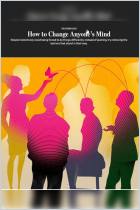
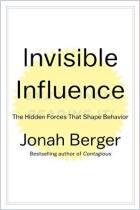
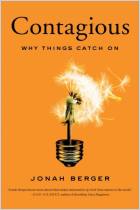
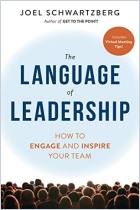
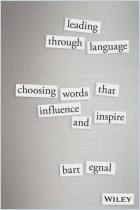
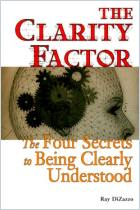
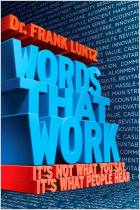
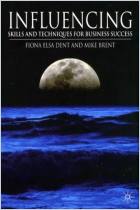
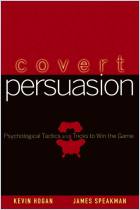




Comment on this summary or Démarrer une discussion